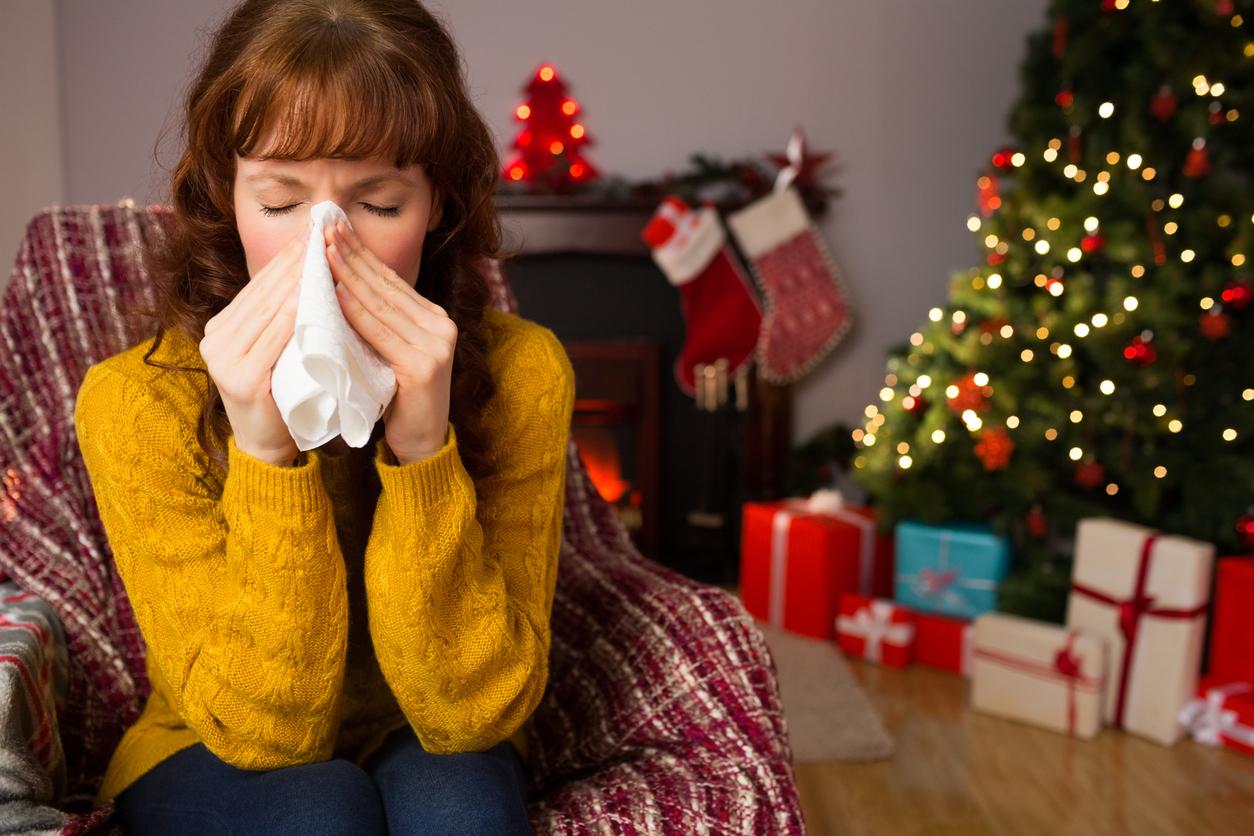Christmas tree syndrome: How your festive fir could be making you ill
‘Tis the season to be jolly, unless your suffer from allergies

It might be the centrepiece of the festive season but your Christmas tree could actually be making you sick, experts reveal.
Otherwise known as ‘Christmas tree syndrome’, more than a third of Brits suffer from an increase in hay fever-like symptoms during this time of year, according to a poll for Prevalin Allergy.
The signs include an itchy nose, watery eyes, chest pains and coughing, and can affect adults, children and even babies.
Now, experts are warning that asthma sufferers should be on high alert as they reveal thousands of patients are admitted to hospital every year in December as a result of mould that can grow on Christmas trees.
“Most of the time mould is obvious in the home, but many people don’t realise that mould also naturally grows on Christmas trees,” Dr Andy Whittamore, in-house GP at Asthma UK told Express.
“This is made worse when people turn their heating on, as the warmer temperature encourages mould to grow faster.
“Mould can be a real problem for the 5.4 million people with asthma in the UK, causing allergic reactions that can trigger asthma symptoms and, in some cases, life-threatening asthma attacks.”
As a result, Whittamore advises that asthma patients take their preventative inhalers as prescribed to minimise risk of Christmas tree syndrome.
Of course, the sensible alternative would be to invest in a fake tree but apparently even these can cause problems for allergy sufferers.
“Decorating the Christmas tree should be a fun time, but for those suffering with Christmas tree syndrome, this can trigger some decidedly un-festive reactions including sneezing, sniffling and general hay fever-like symptoms,” added airborne allergies expert Max Wiseberg.
“However, there’s no escape even if you’ve cheated with an artificial one as these can harbour dust which may trigger dust allergy reactions.”
Join our commenting forum
Join thought-provoking conversations, follow other Independent readers and see their replies
Comments
Bookmark popover
Removed from bookmarks